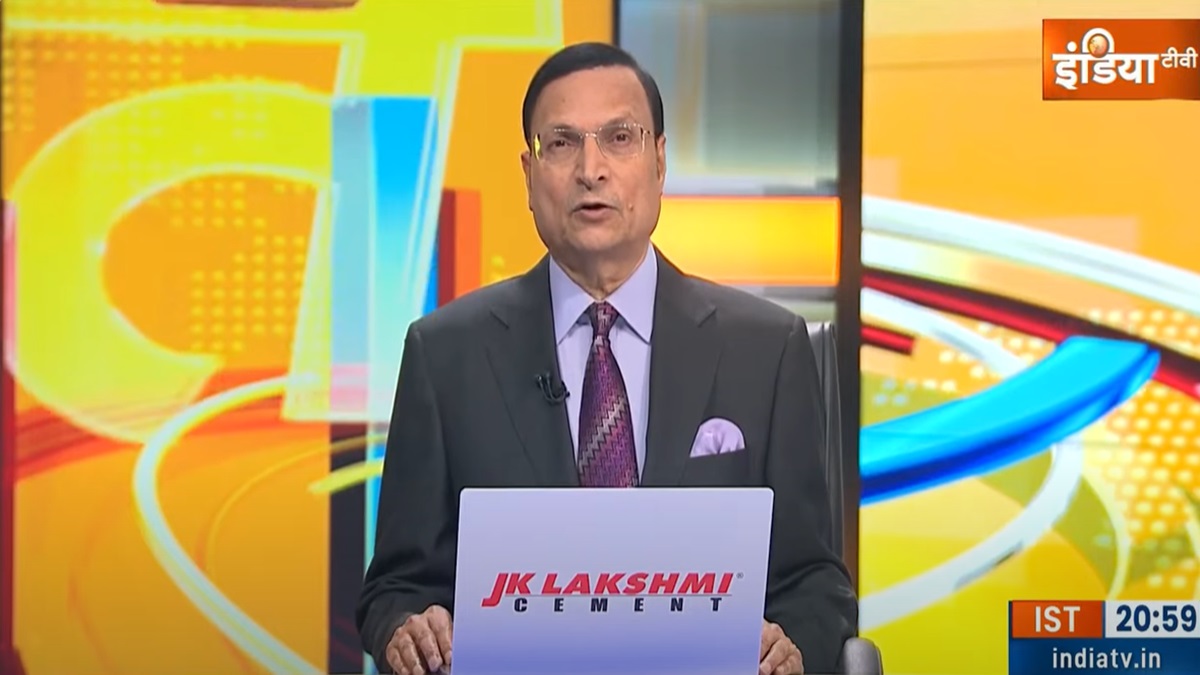 |
|
The recent 'Deepotsav' in Ayodhya, the birthplace of Lord Rama, marked a significant event in India's political and religious landscape. The celebration, which saw the lighting of a record number of diyas and a grand spectacle involving drones and traditional performances, was held after the consecration of the Ram Lalla temple in January this year. It served as a powerful symbol of Hindu unity and a testament to the fulfillment of the long-held promise to build a temple dedicated to Lord Rama at his birthplace.
Uttar Pradesh Chief Minister Yogi Adityanath, who spearheaded the Deepotsav, used the event to reinforce his commitment to the Hindu community and to highlight the significance of the Ram temple. His speech emphasized the importance of Hindu unity in the face of perceived threats from within and outside the community. He also used the occasion to warn against those who he claimed were trying to divide Hindus along caste lines and undermine the Sanatan Dharma. By organizing the Deepotsav, Adityanath sought to galvanize Hindu support and solidify his position as a champion of Hindu values.
However, the Deepotsav was not without its critics. Opposition parties, particularly the Samajwadi Party and Congress, voiced concerns about the event, citing issues of pollution and discrimination. The Samajwadi Party member of parliament from Faizabad, the city where Ayodhya is located, boycotted the celebration altogether. While the Congress party criticized the use of oil lamps, which they argued would pollute the Saryu river, the Samajwadi Party raised concerns about discrimination and the exclusion of marginalized communities from the celebration. These criticisms, however, were widely perceived as being driven by political opportunism, especially considering the overall jubilation and enthusiasm among the general public in response to the Deepotsav.
The Deepotsav in Ayodhya highlights the complex interplay between religion, politics, and identity in contemporary India. While the celebration served as a powerful symbol of Hindu unity and the fulfillment of a long-standing promise to build the Ram temple, it also triggered concerns about inclusivity and environmental impact. The event underscores the ongoing debate surrounding religious symbols, their political significance, and the need for balanced representation and dialogue in a diverse society.
Source: OPINION | Ayodhya Deepotsav: Let the lights dispel darkness
